
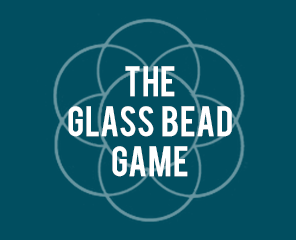

Yesterday, The School of Global Studies at the University Of Sussex, is proud to announce the launch of an exciting new audio narrative podcast series, THE GLASS...
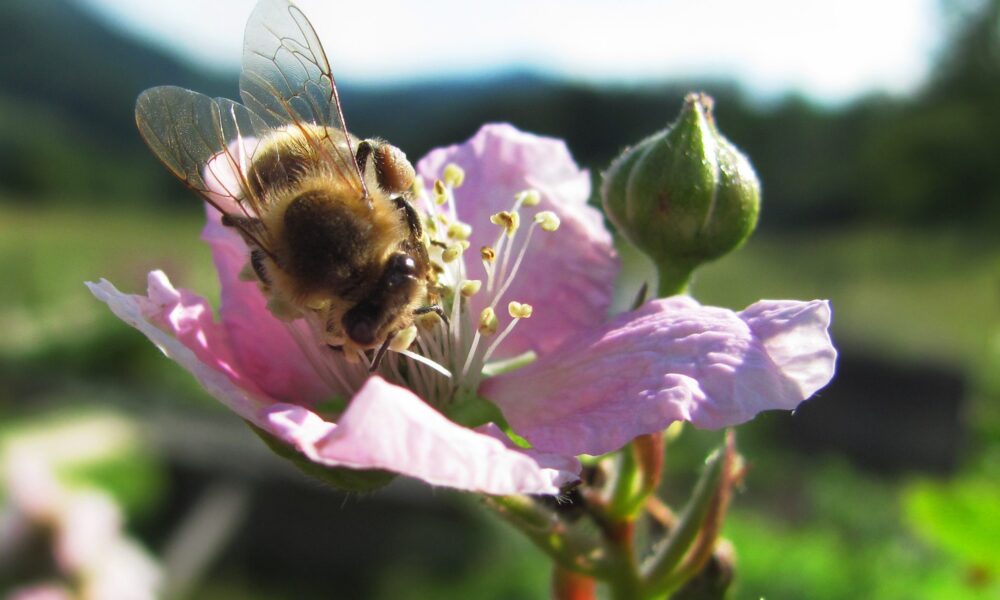
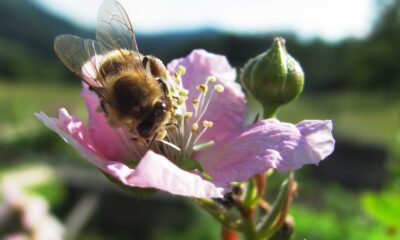

A UK academic at the annual conference of the Soil Association has strengthened the case for the EU-wide ban on neonicotinoid pesticides, revealing mounting evidence of...
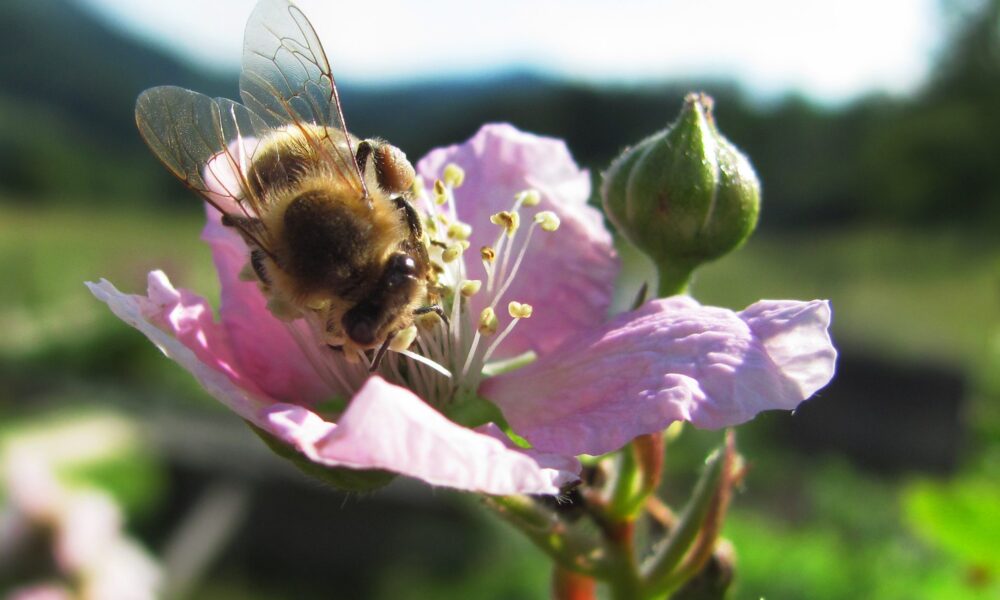
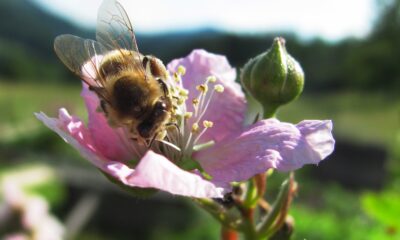

Neonicotinoid and fipronil insecticides pose a major risk to a variety of species, including declining pollinators and are affecting global food systems, according to a team...



The public has been invited to download a free smartphone app that allows them to count and identify bees. It is hoped that the data will...
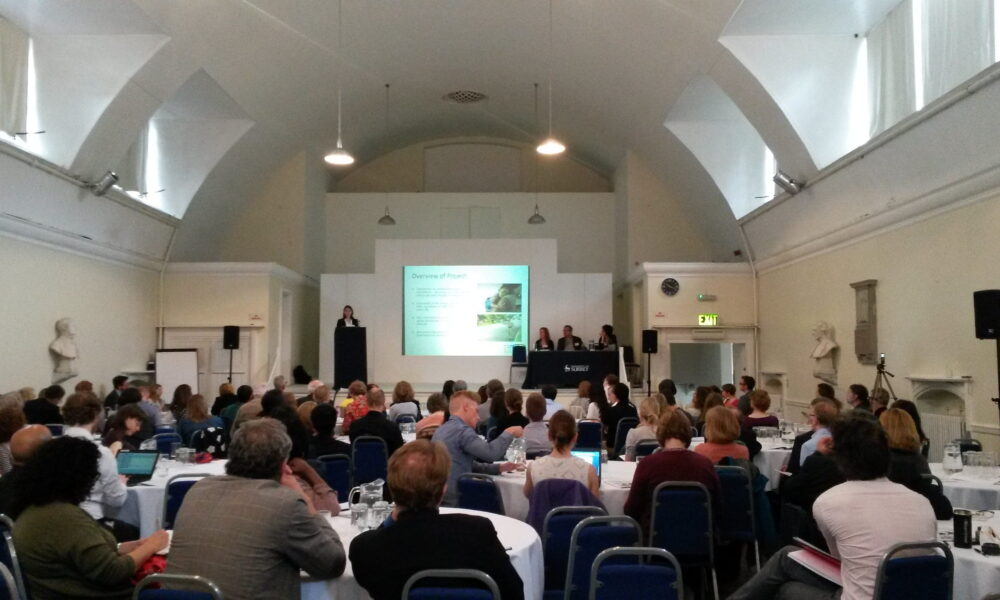
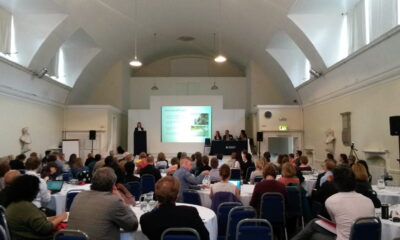

The Sustainable Lifestyle Research Group (SLRG) presented over nine hours of impressive findings from its three-and-a-half year research project at the beautiful Mary Ward House in London...
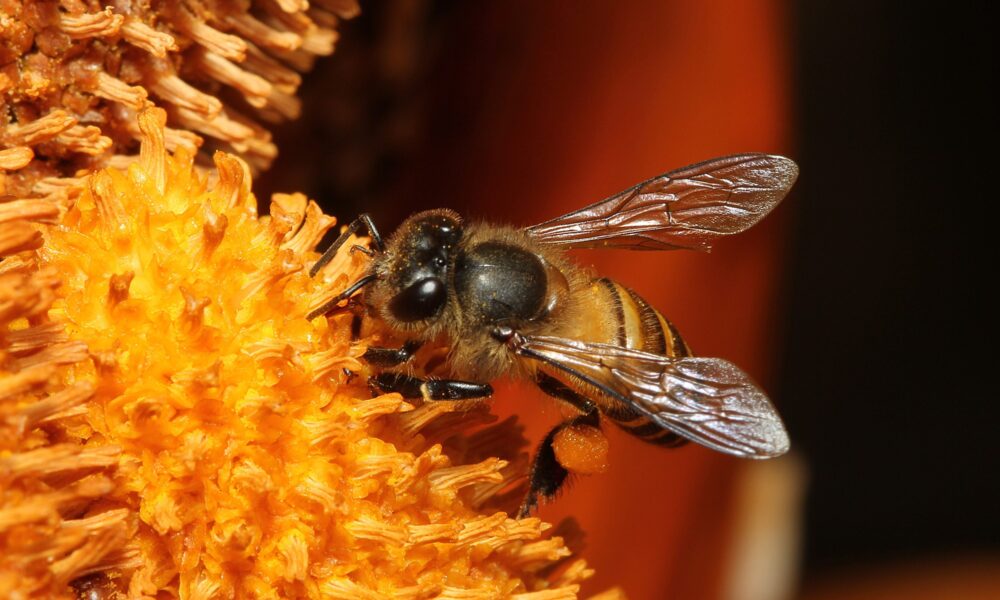
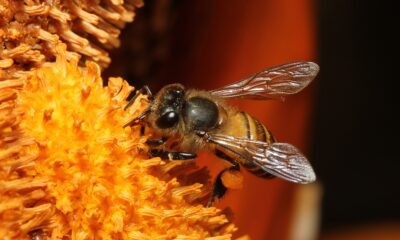

Honeybees’ foraging preferences can provide valuable information for governments about how to manage rural landscapes, according to researchers from the University of Sussex. The research, published...

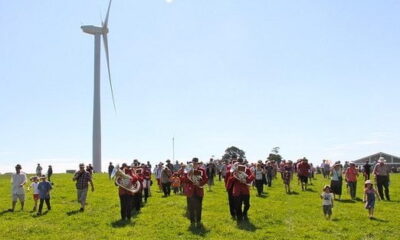

While community-led renewable energy projects can help meet climate targets, they need more resources and clear policy framework in order to truly thrive, new research has...
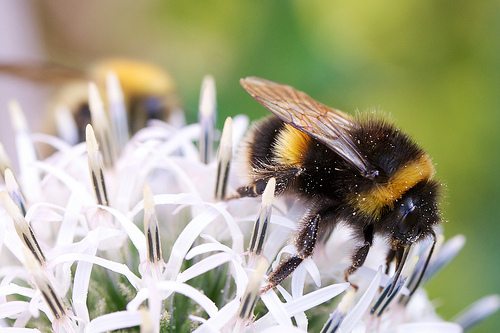
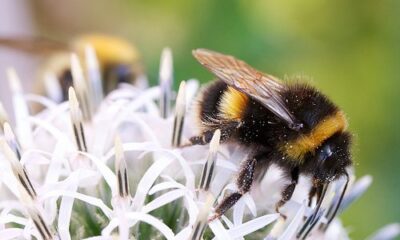

A new study has suggested that the pesticide imidacloprid – which is currently banned in Europe – reduces the ability of bees to collect pollen by...
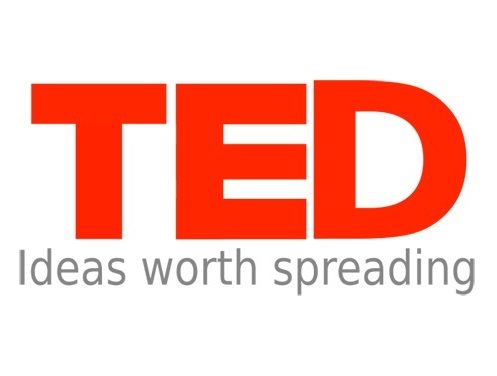
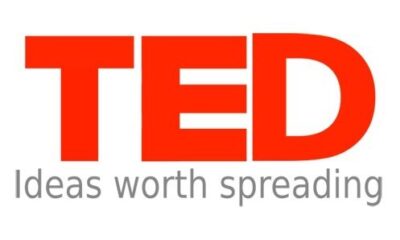

Governments are innovative and take risks: a sentence not heard all too often. But in this week’s featured TED talk, Mariana Mazzucato, professor of economics at the University...
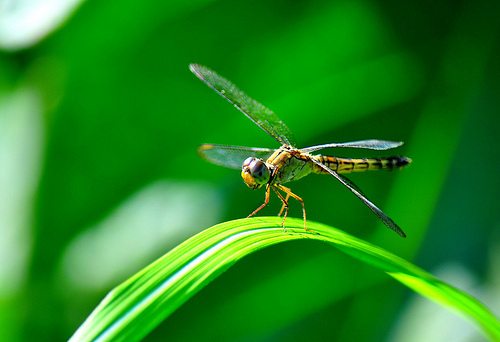
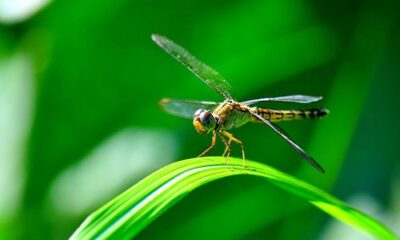

Two studies have revealed that the use of some agricultural pesticides, even at normal levels, can cause biodiversity loss and impact invertebrates in Europe and overseas...